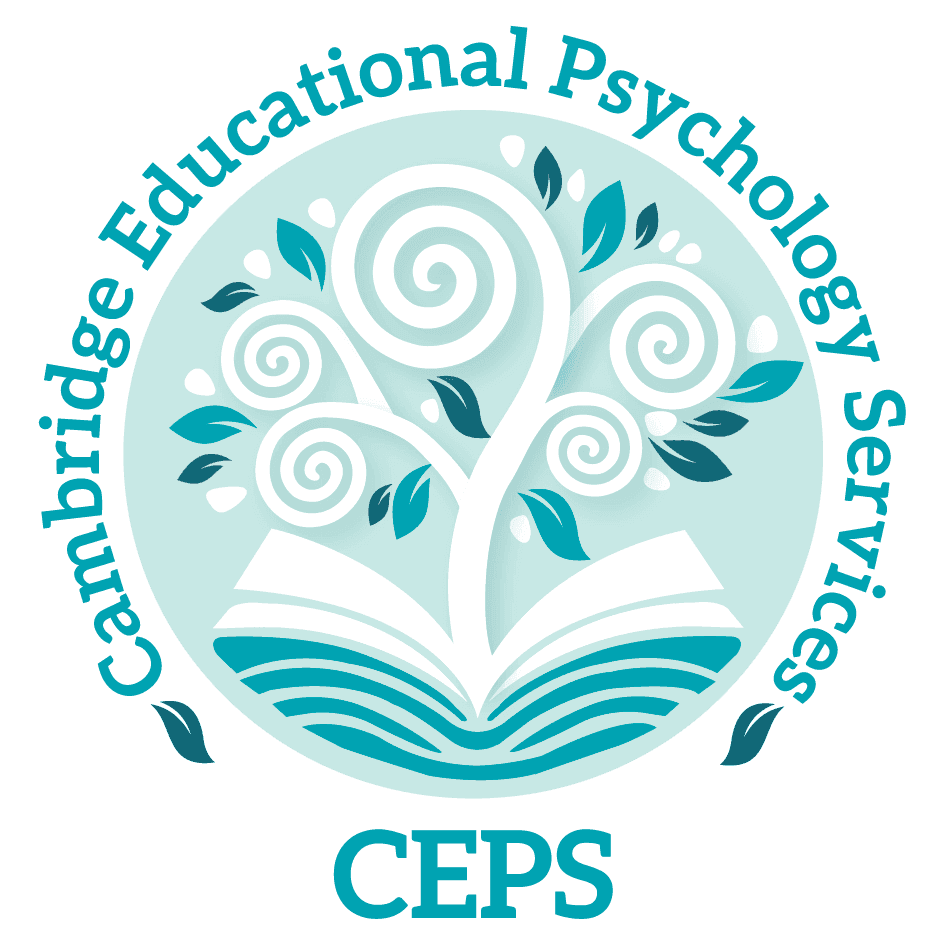Attention-Deficit/Hyperactivity Disorder (ADHD) is a neurodevelopmental condition that affects attention, impulsivity, and self-regulation. It is commonly identified in childhood and can continue into adolescence and adulthood.
At CEPS we acknowledge that while "ADHD" is the medical term, we understand it as a natural difference in how the brain works — especially with attention, energy, and motivation. We use strengths-based, neuro-affirming language to support tamariki, rangatahi, and their whānau.
Our lead psychologist has the lived-experience of ADHD which provides her with unique understanding of the many strengths and challenges involved you’re your child’s learning journey.
At CEPS, our goal is to help you understand these differences, celebrate what makes your child unique, and find ways to support their wellbeing and success.
ADHD can impact:
Focus and concentration
Impulse control
Organisation and planning
Emotional regulation
Task initiation and completion
Common Signs of ADHD
Easily distracted or forgetful
Difficulty starting or completing tasks
Trouble following multi-step instructions
Fidgeting, restlessness, or excessive talking
Emotional outbursts or low frustration tolerance
Struggles with waiting or taking turns
Avoidance of tasks that require sustained mental effort

A Bi-cultural Perspective: ADHD and Mātauranga Māori
In Te Reo Māori, ADHD can be referred to as "aroreretini", a term coined by Te Reo Hāpai, which translates to “attention goes to many things.” This offers a more strengths-based interpretation of ADHD, recognising that a mind which notices many things can bring creativity, energy, and unique insight. Additionally, some Māori educators draw on the metaphor of the pīwakawaka (fantail) to describe children with ADHD — curious, alert, constantly moving, and responsive to their environment. Rather than seeing these traits as problematic, the pīwakawaka reminds us of adaptability, responsiveness, and joy.
At CEPS, we are committed to a bi-cultural approach that honours Te Tiriti o Waitangi. We work in culturally responsive ways, partnering with whānau and communities to support all tamariki and rangatahi in a way that celebrates their identity, language, culture and strengths..
How is ADHD Identified?
ADHD is typically diagnosed by a medical professional such as a paediatrician, psychiatrist, or clinical psychologist. A registered educational psychologist can help by:
Observing behaviour across different settings (e.g. home, school)
Conducting standardised attention and executive function assessments
Gathering information from whānau and teachers
Identifying strengths and any co-occurring learning needs
What Causes ADHD?
ADHD is linked to differences in brain structure and function, especially in areas related to attention and self-regulation. It often runs in families and is not caused by poor parenting or diet. It is a neurological difference, not a behavioural choice.

How Can CEPS Help?
Cambridge Educational Psychology Services can:
Provide cognitive and executive function assessments
Offer personalised learning plans and behaviour support strategies
Work with schools to adapt classroom environments
Support whānau to understand and respond to their child’s needs
Promote strengths-based, culturally responsive approaches to ADHD
If you think your child might have ADHD, or if you’re a parent, caregiver, whānau or teacher looking for guidance, get in touch with us at CEPS. We’d love to support your journey.
Helpful Resources
ADHD NZ
National support and information
www.adhd.org.nz
Practical tools and advice for parents and teachers
CHADD
International ADHD resources and advocacy
www.chadd.org
Te Reo Hāpa
Māori mental health glossary and insights
www.tereohapai.nz
